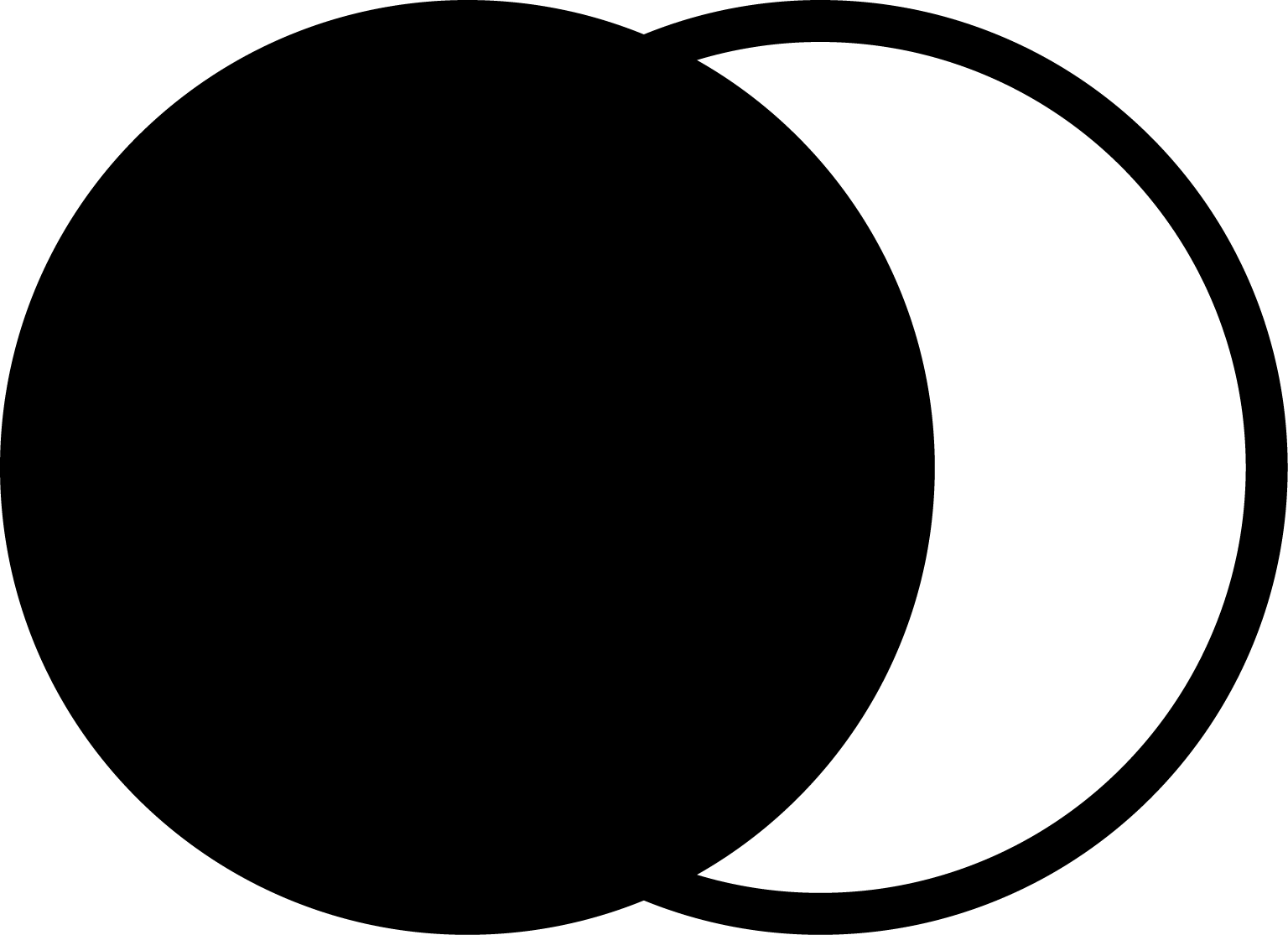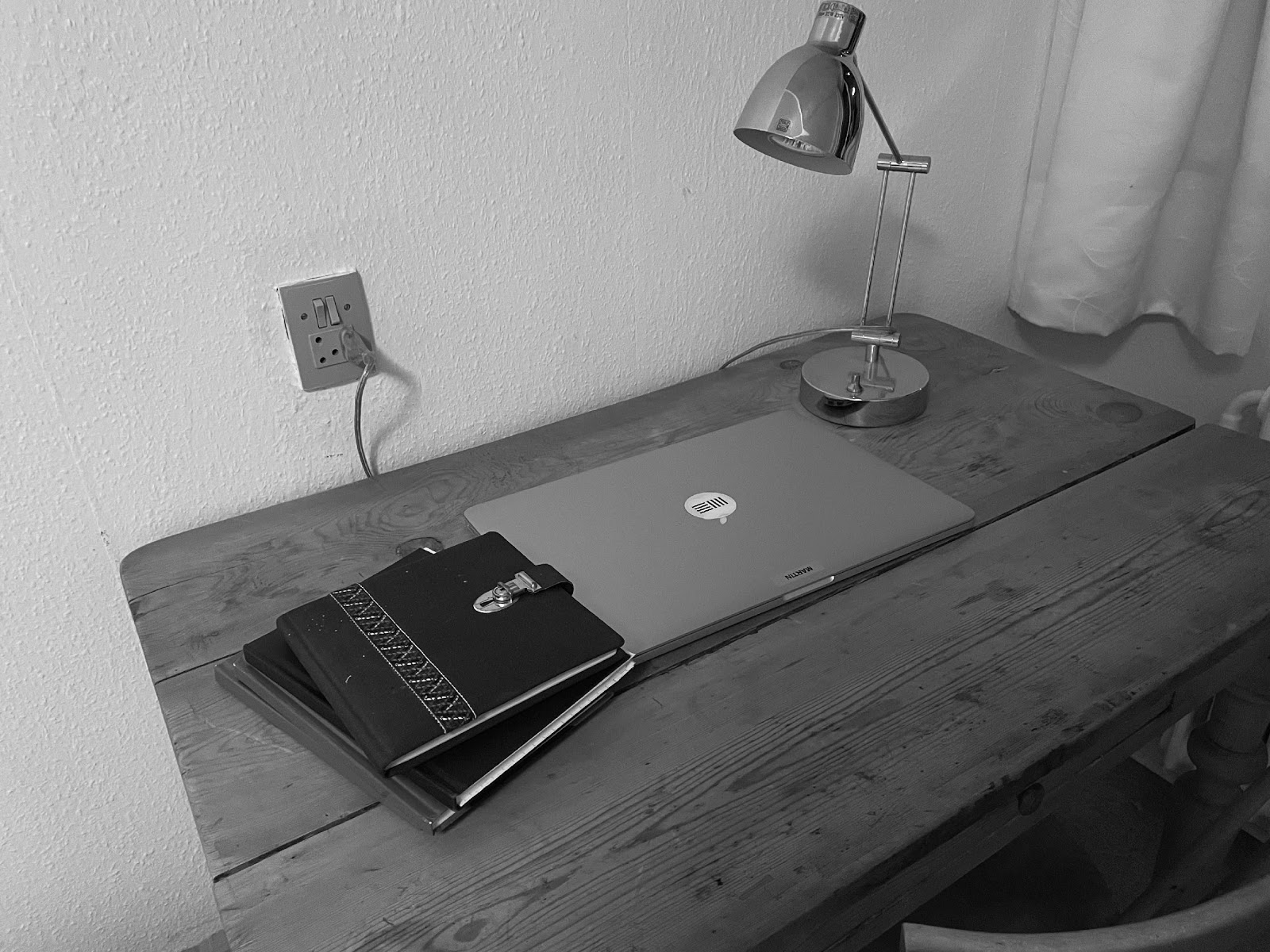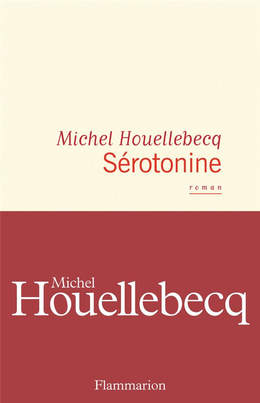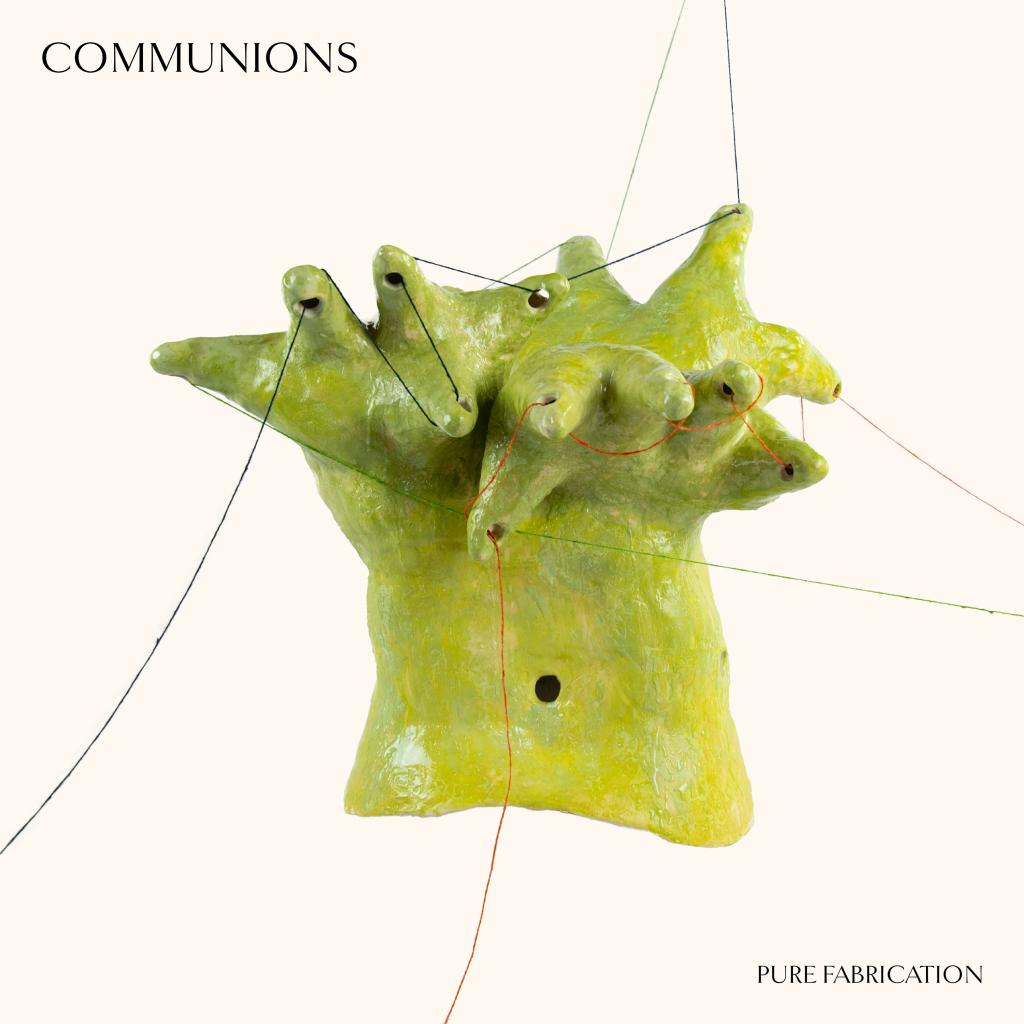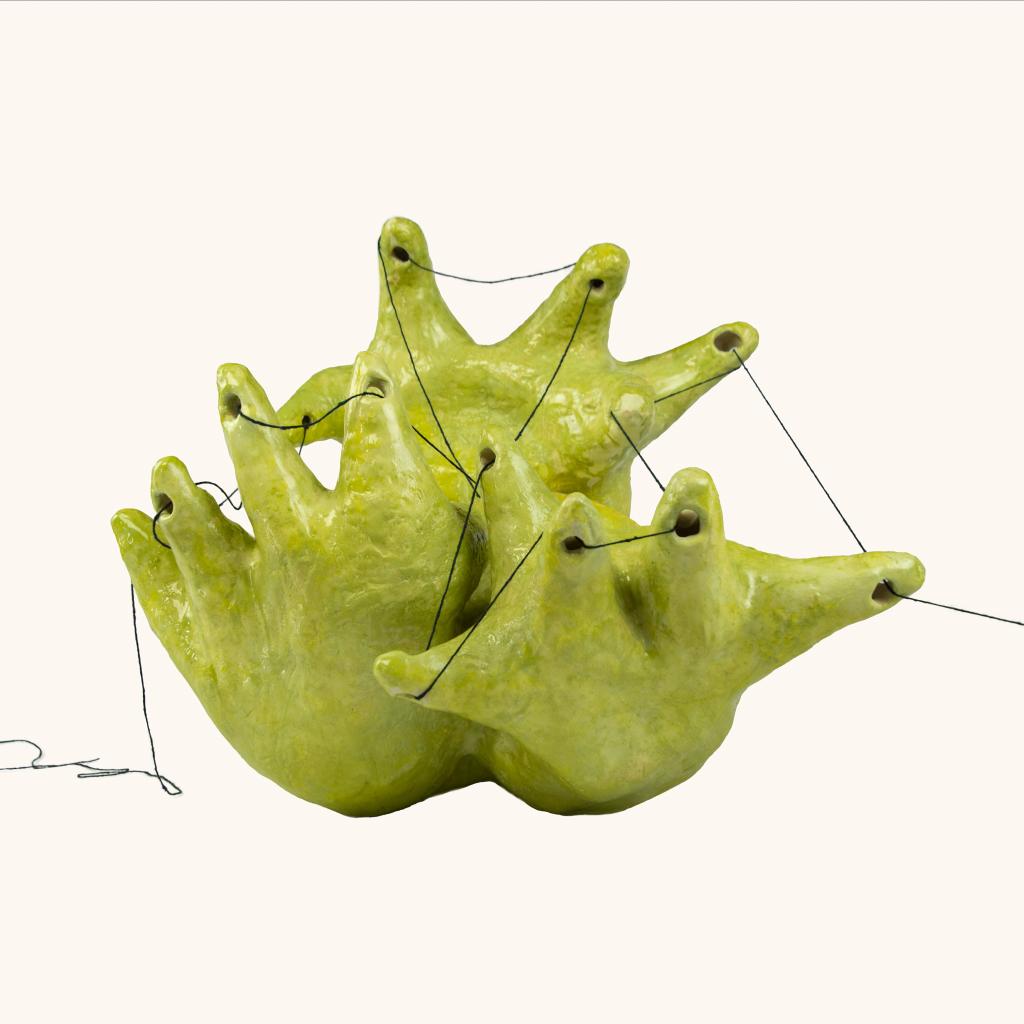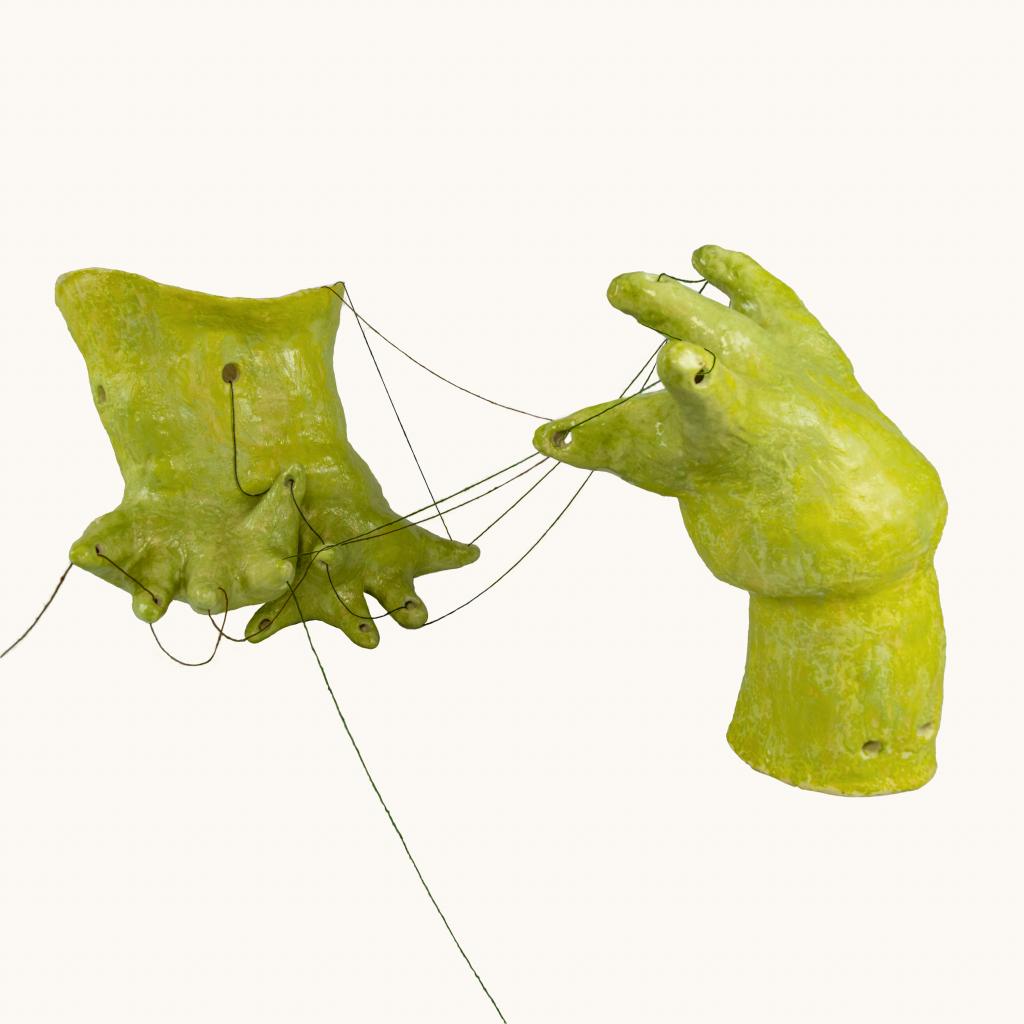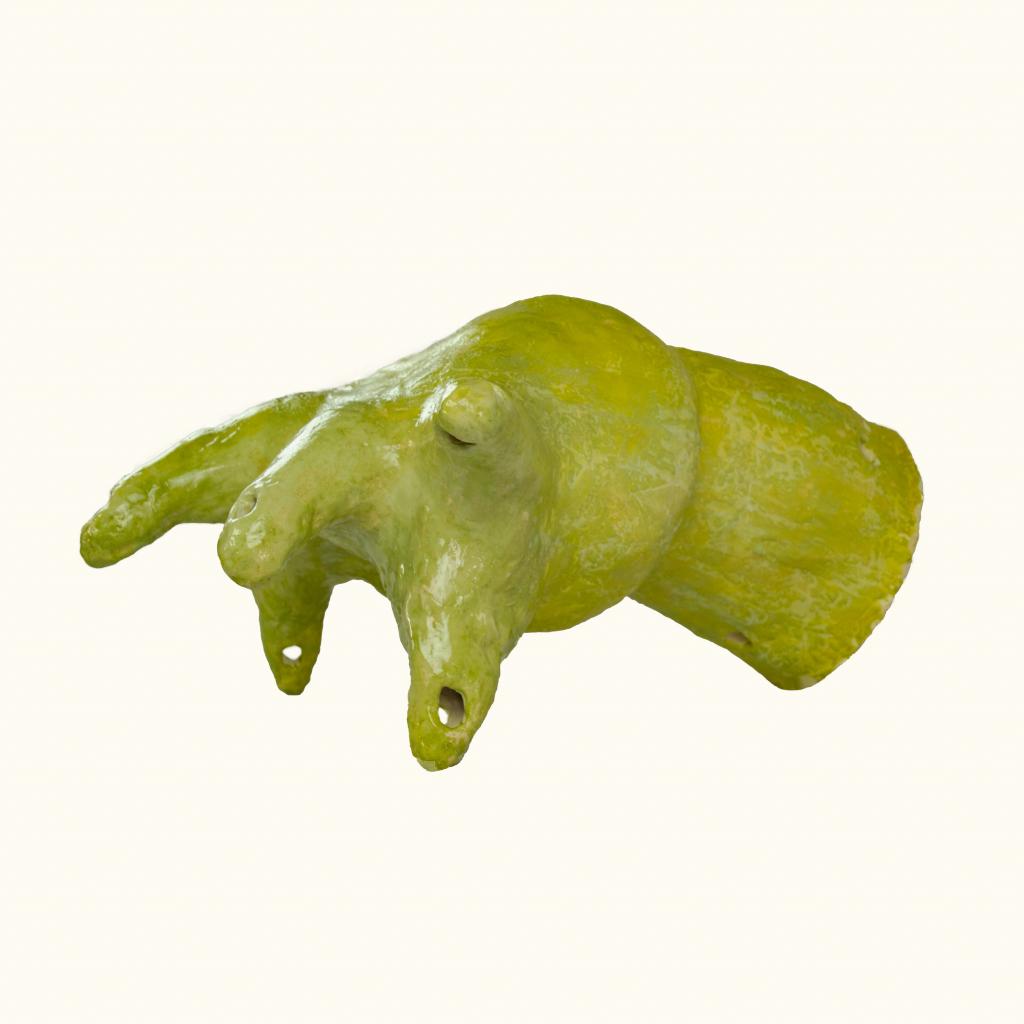
The Inventory of Martin Rehof
This is Martin Rehof's Inventory:
Personal Archive
My main source of inspiration is usually my personal archive; long lists of words and phrases that I keep stored on my computer, phone, and in notebooks. This archive is compiled of ideas taken from all sorts of places — novels, poems, magazines, newspapers, academic articles, podcasts, threads on the internet, signposts, conversations people have in public, etc — basically anything that I like, that catches my attention, and that I think might be worth storing for later use. That way, when I sit down to write, I never really have to start from scratch, because there’s always material to work with.
I like to compile lots of this stuff in a collage-like manner, usually morphing the original material to fit the direction of a lyric. That direction might be based on a story or a certain theme, although other times basing a song on a specific theme can be quite boring. Lots of times, it’s a lot more fun to experiment by weaving different pieces together, seeing where the material wants you to go, and only later figuring out what the song is about. It’s a sort of a backwards way of doing it that can be fruitful.
The point is: writer’s block is overrated, and doesn’t have to exist.
Michel Houellebecq
Michel Houellebecq has been an influence on me lately. His books are sort of deconstructed novels that don’t follow any of the conventional rules of the genre. The main protagonist is usually someone depressed, with no aspirations, which has the effect that nothing really "happens" in his books — there’s usually no real plot. It’s like he’s chosen to write a story, only to show you that the novel, in it’s conventional form, can’t be authentically written today. For this reason, his books are in some ways magisterially boring, but also, for similar reasons, extremely funny (his style of combining depression and humor is quite unique). And on top of that there’s also usually a genuine cultural critique aimed at neoliberal capitalism underlying all of the meaninglessness he portrays.
Overall, I think what inspires me about him is his ability to manifest a critique of contemporary culture by collapsing the novel as a medium from the inside. It’s made me more self-aware about the medium I write through myself, and perhaps more willing to be critically inclined towards it.
